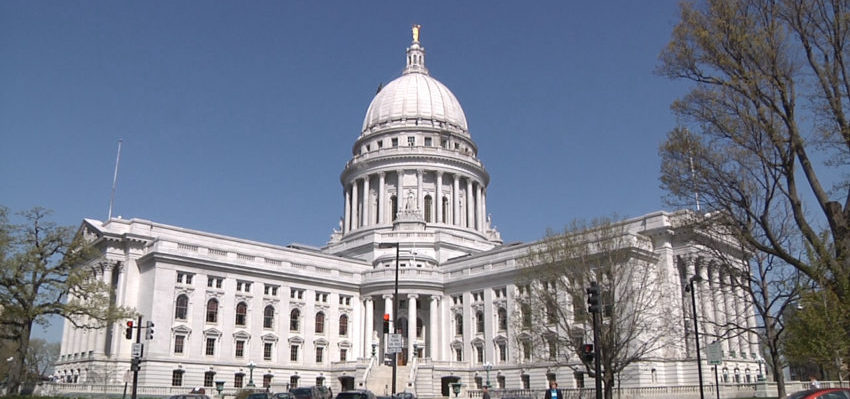
MacIver News Service | March 22, 2019
Happy Friday! This week, the economy continues to look strong, the Fed announced they would not be raising interest rates again this year, and the MacIver Institute takes a deeper look into Tony Evers’ higher education budget. Here are some important articles for the fiscal conservative to read.
Economy Expands for First Time in 5 Months
A new survey of economic conditions rose in February for the first time in five months. The leading economic index increased 0.2% during February, showing an uptick after a slow start to the year. Some economists say the change is due to higher stock prices, lower interest rates, and more access to credit. Despite the positive changes, job growth is still slightly lagging, and the layoff rate saw a slight increase.
Analysis of Evers’ Higher Education Budget
MacIver Institute did an analysis of Governor Evers’ proposed changes to the UW System budget. His plan will increase funding by 2.8% to a total of $12.76 billion. Evers has also expressed desire to continue the tuition freeze Governor Walker instituted in 2013. To pay for the continued freeze, Evers wants to send $50.4 million to supplement the “lost tuition” from continuing the freeze. Evers’ proposed budget would also add millions to building projects for the UW System that he detailed more in his capital budget.
Fed: Interest Rates Will Remain Unchanged for the Remainder of the Year
On Wednesday, the Federal Reserve announced it would not raise interest rates, and indicated there would be no raises for the rest of the year. Previous projections had estimated two rates increases would happen in 2019. Along with this news, the Fed updated their growth projections, predicting a 2.1% growth over the year as opposed to the previously estimated 2.3%.
Renewable-Energy Should Be Based on Competition
In an opinion piece written for National Review, Travis Kavulla and Marsha Smith, both former presidents of National Association of Regulatory Utility Commissioners, argue that competition is the best regulator for prices. They use the analogy of a car sale to explain the 1978 Public Utility Regulatory Policies Act (PURPA), and how it gives the regulators of industries for renewable energy the ability to set prices. This law stifles the innovation along with the growth of renewable energies in the United States.